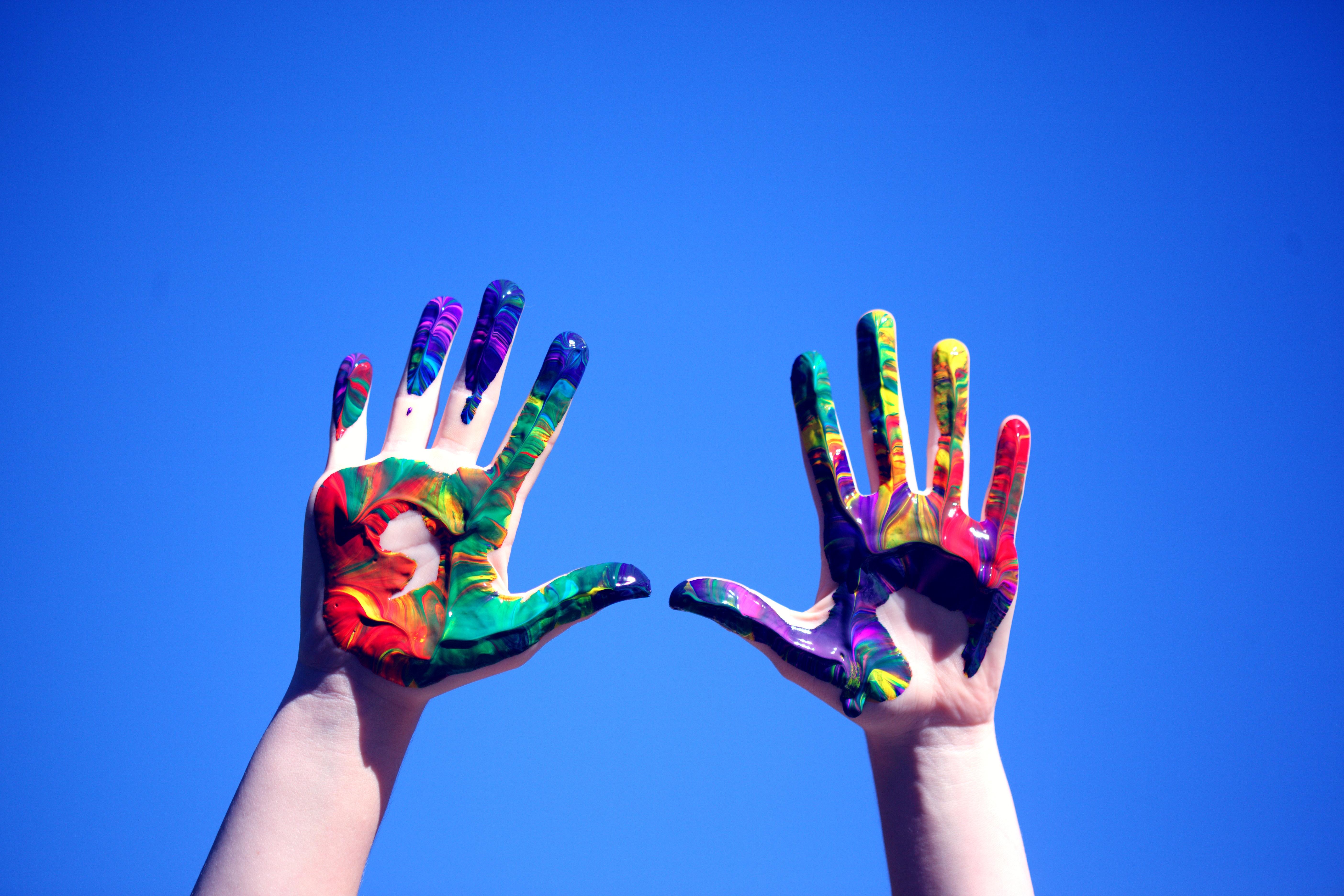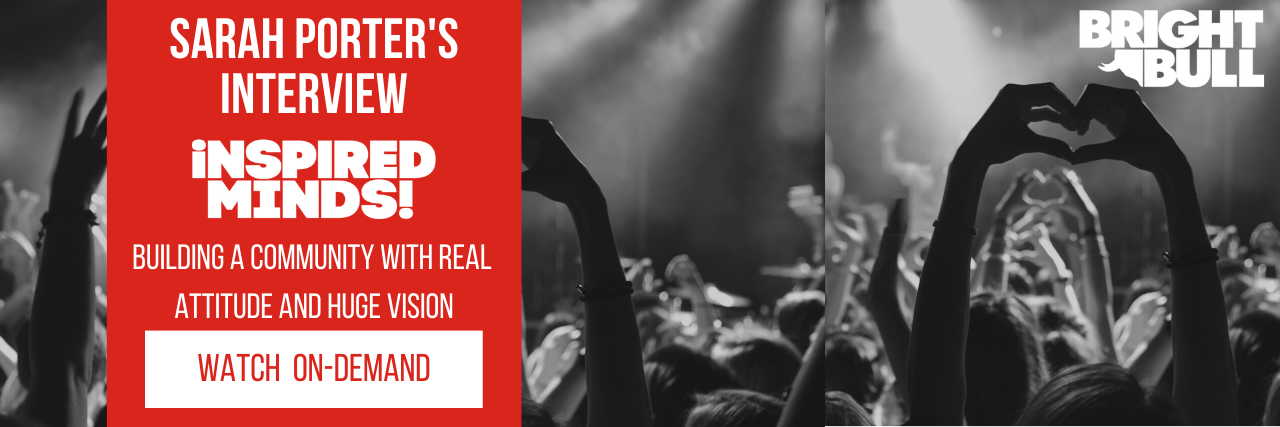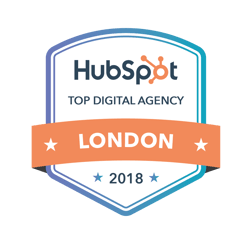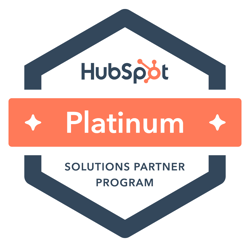Sarah Porter is the CEO and Founder of InspiredMinds!, a global community working in emerging technology and Artificial Intelligence. In just 5 years, this community-led business has grown to a community of over 200,000 people across 167 countries.
Sarah and I had a very interesting chat as part of our series on "Online Community Stories" and talked about how InspiredMinds! rose to achieve such incredible growth and success. Truly this has to be one of the most inspiring chats I've had - not only because of InspiredMinds community success, but because their visions and goals go beyond themselves and beyond commercial. They live by an ethos that's focused on the greater good, which is rare and special.
The piece below was first published in the Community Leaders Magazine. You can find out more about this community of community professionals here.
Here I share my top takeaways from our chat, but if you'd like to listen to the whole session you can watch the interview on-demand here.
Tell us how InspiredMinds! got started, how did it come about?
I took a role in a corporate organisation where I was looking at mergers and acquisitions and I fell out of that role quite badly; I belong in a situation where I’m creating my own things. As a result of this I lost my home, my job, my marriage fell apart very quickly and I found myself in a situation where I had a nervous breakdown. I had lost everything. I had to completely reset everything I thought about myself, the world, and what I was going to do next. Out of that is where InspiredMinds! came from.
I wanted to build a community that would make a substantial change in the world. One of the first things I did was try to get funding and investments and everybody I spoke to just said no. I probably spoke to about 200 people and in the end, I sold my home, took the money from that sale, backed myself, and got some traction with what I was doing. Subsequently, two people that I originally talked to actually invested.
How would you define InspiredMinds! as a community?
Initially, I wanted to build a community where we were able to bring together people that had commonalities between each other. Specifically in terms of who they were in that community and the parts they had to play. I also wanted to engage the disruptors, the people that were going to potentially not want to be involved in the community but had a role to play.
This could be, for example, a head of the Government or a big tech organiser. So I built a holistic view of this ecosystem and what I believed it should look like. I saw InspiredMinds! as being the connecting tissue between these people. This is how we then created moments in time, which, for us translated into summits, products, media articles, and lots more.

Can you explain a bit more about the moments in time?
Our first moment in time was the World Summit AI. I wanted to do something very different with that so we hired a disused gas works in Amsterdam to hold the event. Everything I did was about triggering emotions through the experience that people had and building connections in the community. I then set about finding specific people in the community who became emotional contagion actors and who started to spread the word and build the community.
How did you go about finding the emotional contagion actors/influencers?
I identified the people that actually clashed heads against each other in this field, why they were clashing heads, and how we should go about changing that friction into something positive so that it was actioning change. We took some of these people as pillar heads and positioned them within our community.
We then found that the subsets beneath them would start to follow. I would sit on Twitter and LinkedIn learning everything I could about the key people I knew were the conduits to that successful ecosystem. When you break down, at a granular level, each of the individual people in your ecosystem in terms of the reasons they are doing what they are doing and why it is important to them then you can work on how to help them achieve that.
If you had to think about the key milestones you have had in the last 5 years what would they be?
One was when we formed a group called Aider AI. This sat alongside what we were doing as an ecosystem as a not-for-profit which brought together 18 interdisciplinary folks who were the biggest people in Artificial Intelligence and other areas that we thought were important.
We had Professor Gary Marcus, Johanna Bryson, and The World Economic Forum join that board. When building a community of something you don’t necessarily have the expertise on, you need collective wisdom behind you. The next milestone was when got an angel investor on board early on, they saw what we were doing, wanted to be a part of it, and put a little bit of money in. It gave us belief in our organisation that someone else shared our vision and was willing to put money into it.
Whereabouts on your journey did you reach 200,000 members. When did it start to become something big?
Our first summit attracted about 3,500 people. On the morning of that summit, we didn’t have a clue if people were going to show up. When we saw the gas works packed with people, that was the proof that we needed that people were following us.
The two to three months after that everything went really well and word spread fast. Very quickly we found people had started subscribing. We had a dataset of 116,000 within those three months. The other significant point where we have seen a big doubling's in numbers is when we have tackled big causes. As an organisation, we campaigned against Donald Trump for the All-Girl Afghan Robotics team. When that went across the Times and people saw what was happening we saw another big jump in community members.

Chasing big causes is what has caused death threats for you, how have your beliefs led you to be threatened?
There was a team of girls in Kabul who were trying to compete in the Washington DC Robotics Competition. They had created their Robot from recycled bits and pieces and they had managed to gain a place in that final against all odds. They were then unfortunately told that they were being banned from traveling under the Muslim travel ban that was implemented by Donald Trump. We started a social media campaign and people got behind that cause because it triggered so many emotions for them.
Due to our campaigning, we were able to get the visa overturned. As a result, I started getting these death threats which were firstly just messages across social media to stop what I was doing or my life was endangered. Then I got a delivery to my home which was a Casino chip that said ‘Next time you’re betting we are betting on your life.’ That's when the police got involved and it got very serious. It was at that point as a business we decided that was exactly what we wanted to do. In a world of uncertainty, we almost felt like we needed to be the people that were willing and able to be a voice for change.
Tell us more about your role on social media and how important you think it has been in the process of growing your community?
I have very strong opinions within the organisation but sometimes I think there is too much skirting around issues due to the fear of corporate backlash. We don’t have that, I can be unbridled on social media and I try and do that in an instructive way. I want people to understand what InspiredMinds! is about and, yes, we have commercial goals but we also have another part of us that is not afraid to tackle those big issues and speak out loud about them. That's our role at InspiredMinds! to platform the discussions that need to happen and we have that unique holistic overview to be able to do that.
How is InspiredMinds! creating revenue?
I am completely transparent about the fact that as a business we now turn over around £6 million a year in terms of revenue. I would say 60%-70% of that traditionally came from our summits but that has changed due to Covid. The rest comes through subscriptions to our community and individual projects.
For example, we will sometimes work on behalf of some of our partners to look at big diversity projects and how we can help to set up global communities in places such as Africa or India. Our revenue with Covid has been challenging, we haven’t run any events physically since January 2020, all of them have been online. We have run podcasts and webinars, some of those are charged and some of them aren’t.
I wanted to touch on the aspect of Marketing, you don’t have a marketing department but you do have a data scientist. Why is that?
Marketing is an integral part of what we do but it is interwoven into our business and everybody is constantly doing it. As for the data scientist, I have a vision in my mind about what I want to create within our community. I want individual profiles with granular level detail about our individuals, not just their job function and what they’re looking for but the triggers that make this critical for them.
The data scientist is building a point-based system around it and started to create this framework which looks at different categories and segments of people and who should therefore meet, match, connect, and help each other. We are building algorithms around that, it's not there yet, it's not in its finished form but from our point of view, it is giving us great insight into our individuals.
You have also hired a poet to help articulate your messages, tell us a bit more about that?
It was really by chance, Amanda Palmer, a musician posted something about supporting women throughout the pandemic specifically artists. One of those artists was a young lady called Megan Beech who is an up-and-coming rising star in a thing called Slam Poetry which is the art of telling stories by prose and doing it in a Rap style. She brings to life stories and really gets people to sit up and listen. She has joined our team and is rewriting the way we talk to our community and how we address big issues.
Hope you took something valuable from this summary. To enjoy the full interview and get further inspired click below.








Do you have any comments?